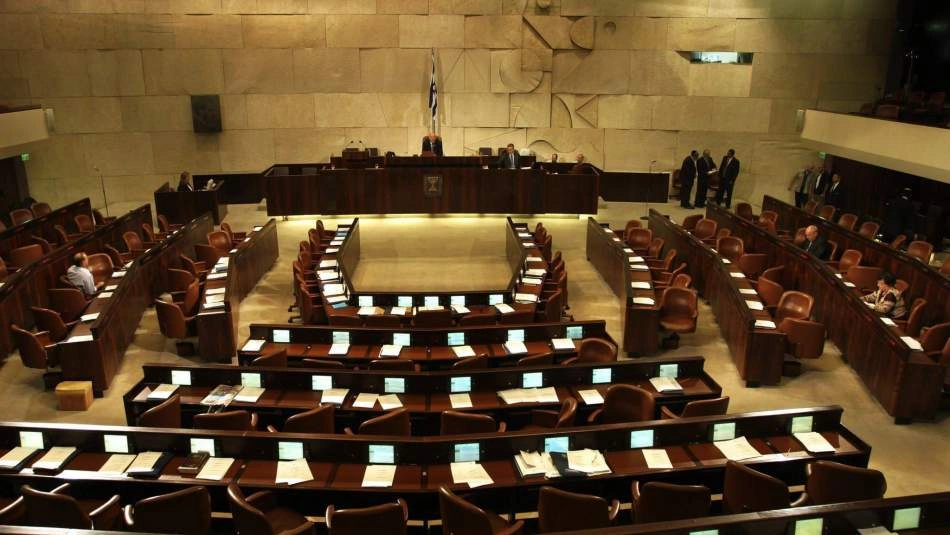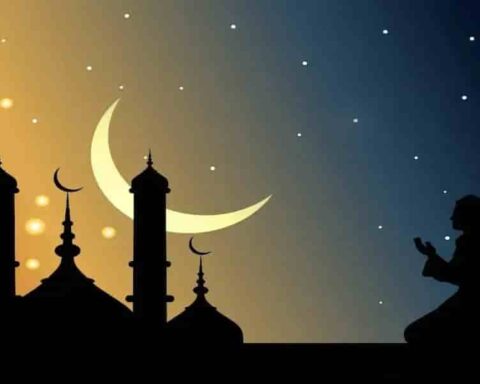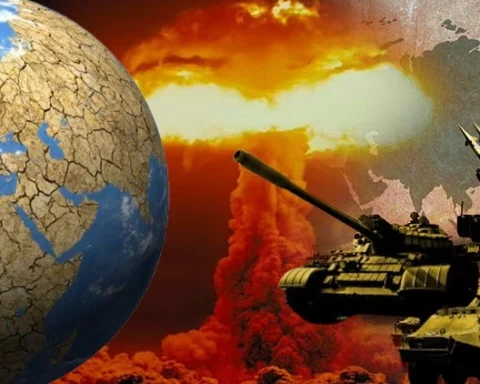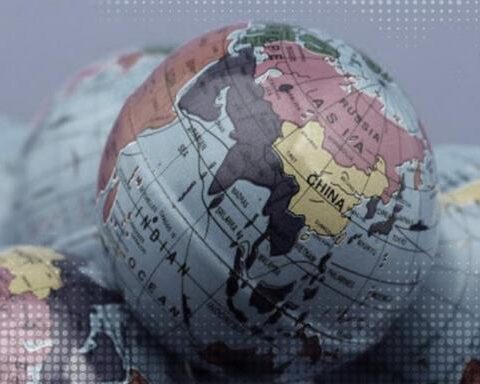The word “Jewish” now encompasses very different commitments, worldviews and loyalties.
(Oct. 5, 2025 / JNS) For many past generations, Jewish peoplehood meant something very clear: a shared history, shared destiny and bonds that stretched across the world. Whether a Jewish person lived in Israel, the United States or anywhere else, they felt they were part of one family.
Looking around today, it’s not clear that definition holds anymore. In fact, the Jewish people are heading toward something like a divorce—a split between those who call themselves “Jewish,” but whose values and loyalties are increasingly at odds with each other.
The most current example of this rift occurred when Hannah Einbinder, a Jewish actress, said “Free Palestine” while accepting her Emmy Award in mid-September.
Different segments of Jewish people undoubtedly saw this action in very distinct ways. Some agreed and were proud of her; others were horrified by her words and perplexed by her motivations.
The Jewish people remain divided into different camps.
One group feels deeply connected to Israel and fellow Jews around the globe. They see themselves as bound together with obligations of responsibility and solidarity. They know that Jewish survival depends on the strength of Israel, and Israel’s survival (to a much lesser extent) depends on the support of the Jewish people.
Another group has a very different outlook. For them, “Jewishness” is cultural, ethical or even accidental. They prioritize broader social-justice causes above Jewish continuity or the survival of the Jewish state. Some may even stand by as Israel is demonized, while others actively join movements hostile to Israel.
This division represents a rupture so severe that the very phrase “the Jewish people” is losing meaning. The word “Jewish” now encompasses very different commitments, worldviews and loyalties. In many ways, they have nothing in common.
Perhaps the time has come to name this split more honestly. One group might best be described as Am Yisrael—the nation of Israel that holds fast to the belief in shared peoplehood, land and destiny. The other group, many in the Diaspora, may continue to identify culturally, but without a binding connection to Israel for the future of Jewish survival.
Divorce is always painful, but it can also bring clarity. Once the break is acknowledged, both sides are free to move forward without confusion or false expectations.
The Jews who say “not in my name” or “from the river to the sea Palestine will be free” when Israel defends itself can move forward without the burden of associating with Zionist Jews. At the same time, Zionist Jews can be freed from the perplexity of watching their brethren stand shoulder-to-shoulder with those who celebrate their enemies. Once a break is acknowledged, both sides can stop pretending they are living in the same story.
Along these lines, it can be expected that the Law of Return will one day no longer be guaranteed. It stands to reason that Israel would not want to allow people, no matter what their religion, to enter the country if they represent a threat to Israel’s very existence.
Those who imagine Israel as a possible home, either for themselves or their children, would be wise to consider buying property now while it is still possible. In the not-so-distant future, the automatic right of return for Jews may be narrowed or revoked altogether. When the Law of Return was instituted, it was based on an understanding of the definition of “the Jewish people.” That definition has changed, and, therefore, the Law of Return may also be changed.
The Jewish people are heading toward an unavoidable reckoning. For Am Yisrael— the nation of Israel—committed to peoplehood and a shared destiny, and for those Diaspora Jews who are fiercely committed to their personal ethics, this is a time for honesty and foresight. The divorce has begun. The only question is who will recognize it and prepare for what comes next.
This marks a turning point. The old assumptions of Jewish unity are eroding. The phrase “the Jewish people” does not mean what it once did. A bifurcation is happening that is sad and even painful, but it might be in the best interest of all.
* Daniel Rosen is the co-chairman and co-founder of Emissary, an organization dedicated to combating antisemitism on social media.






